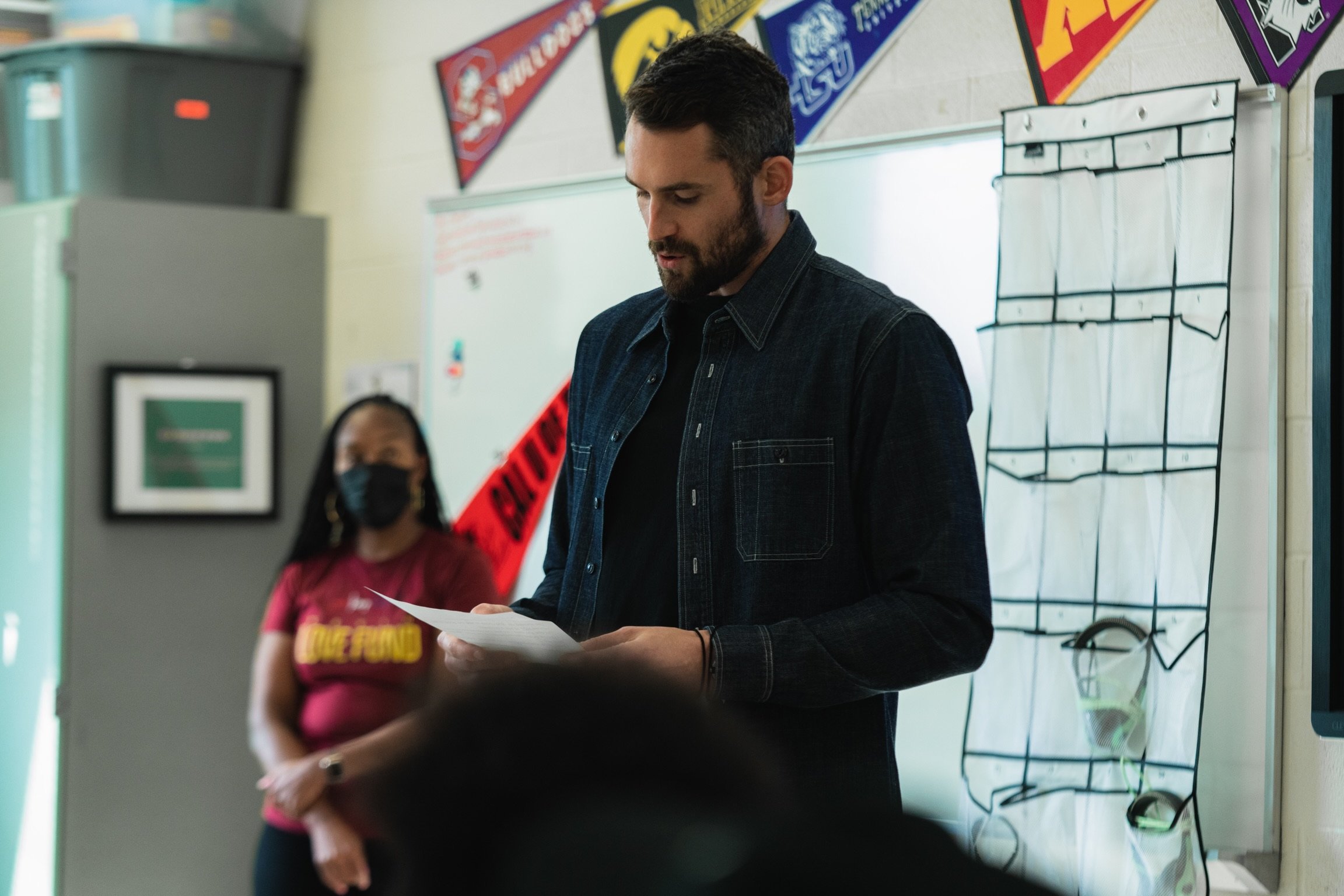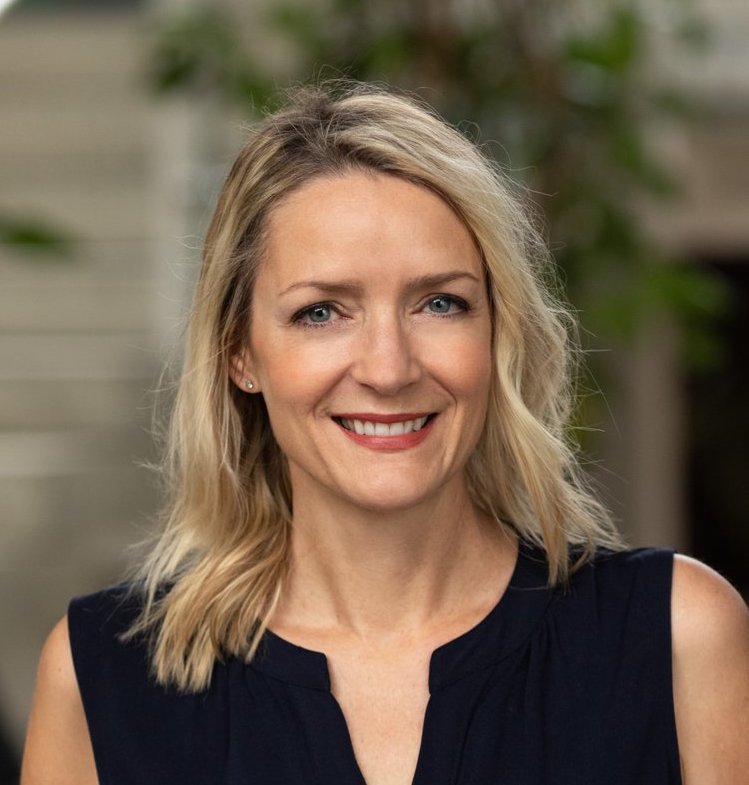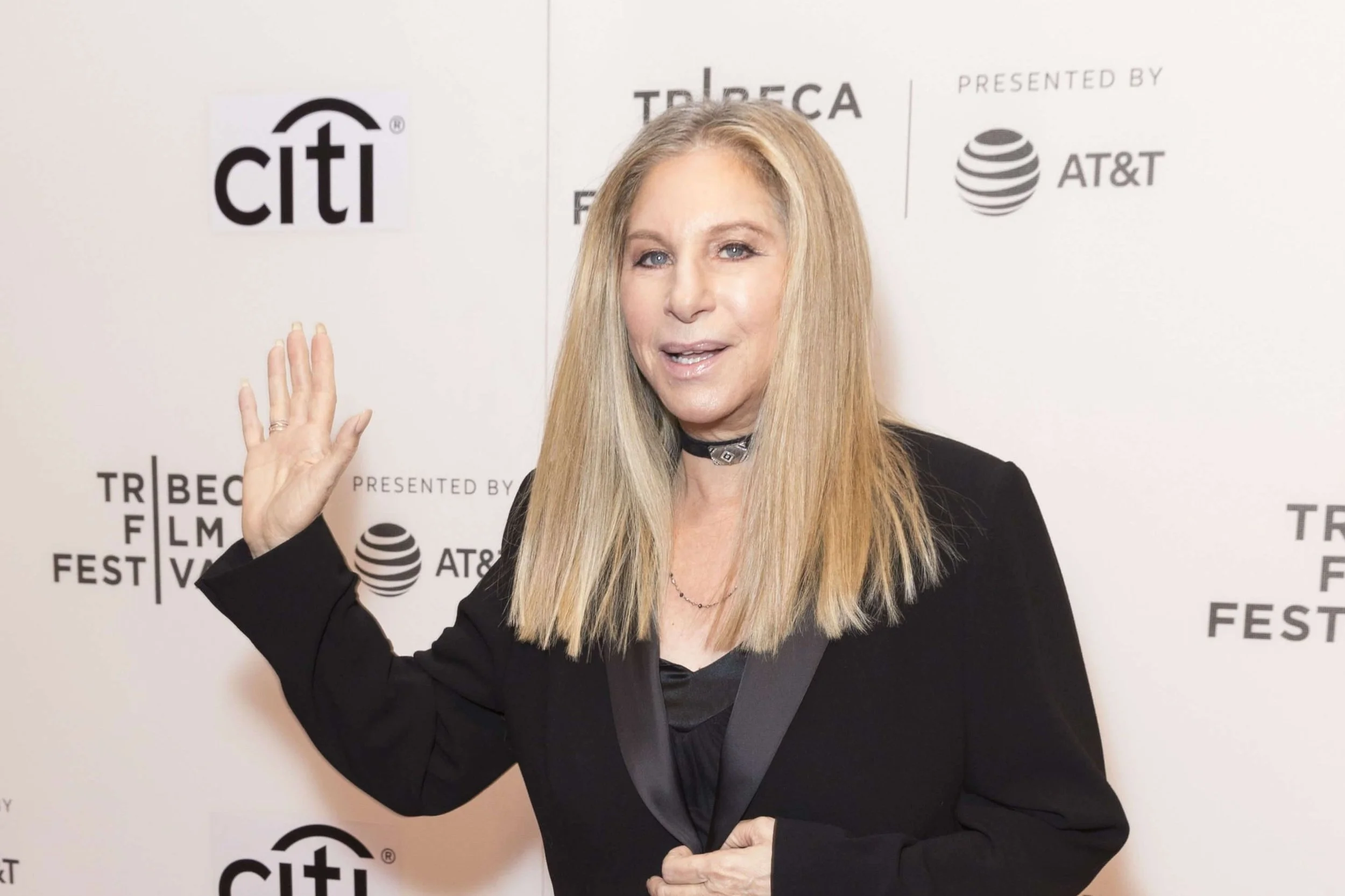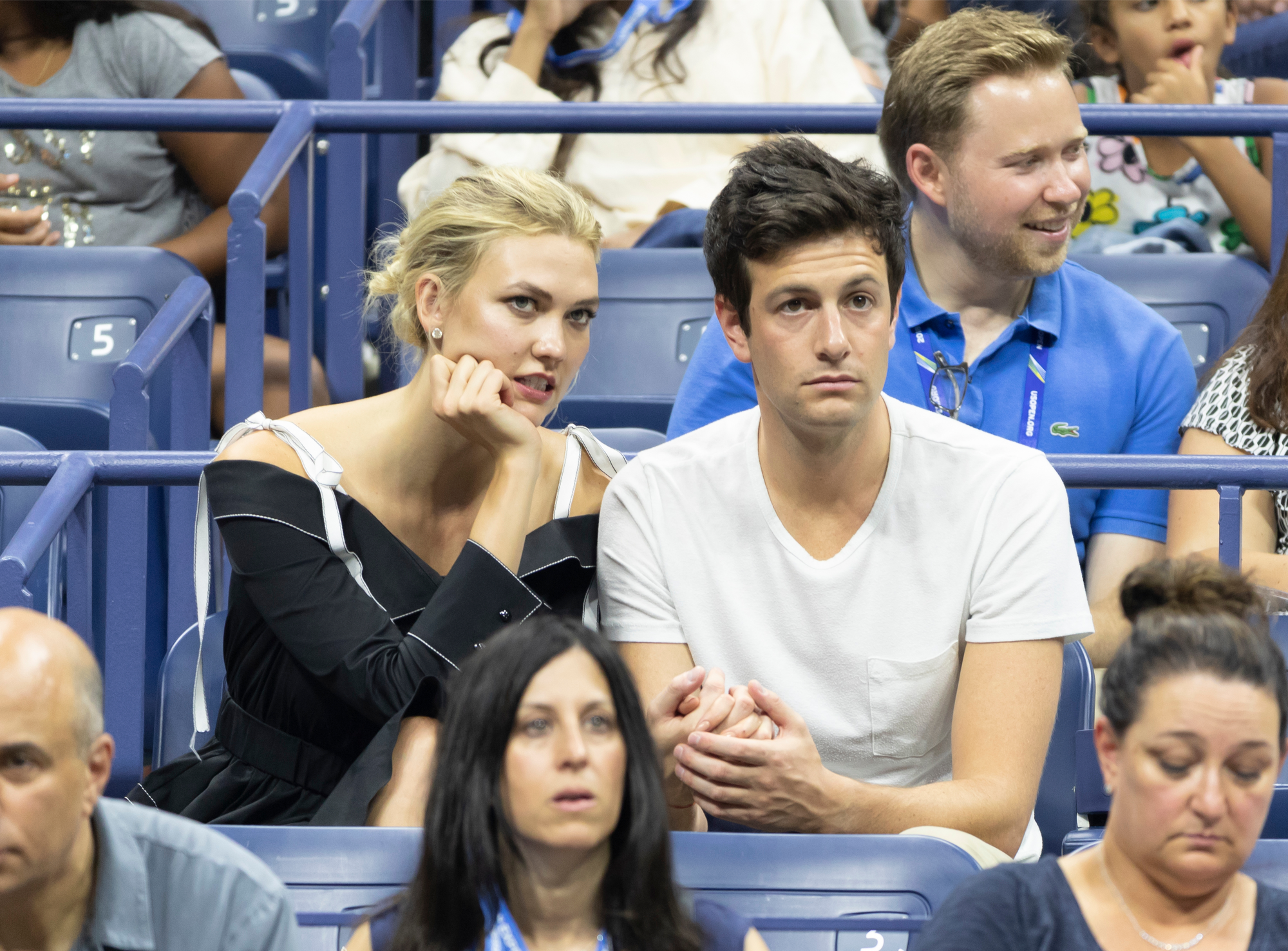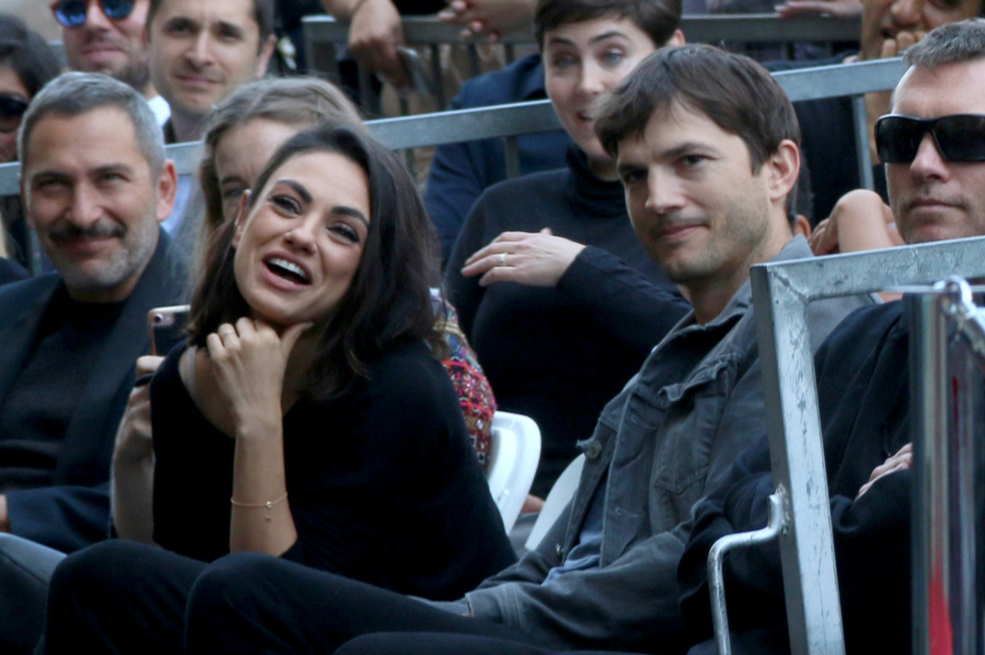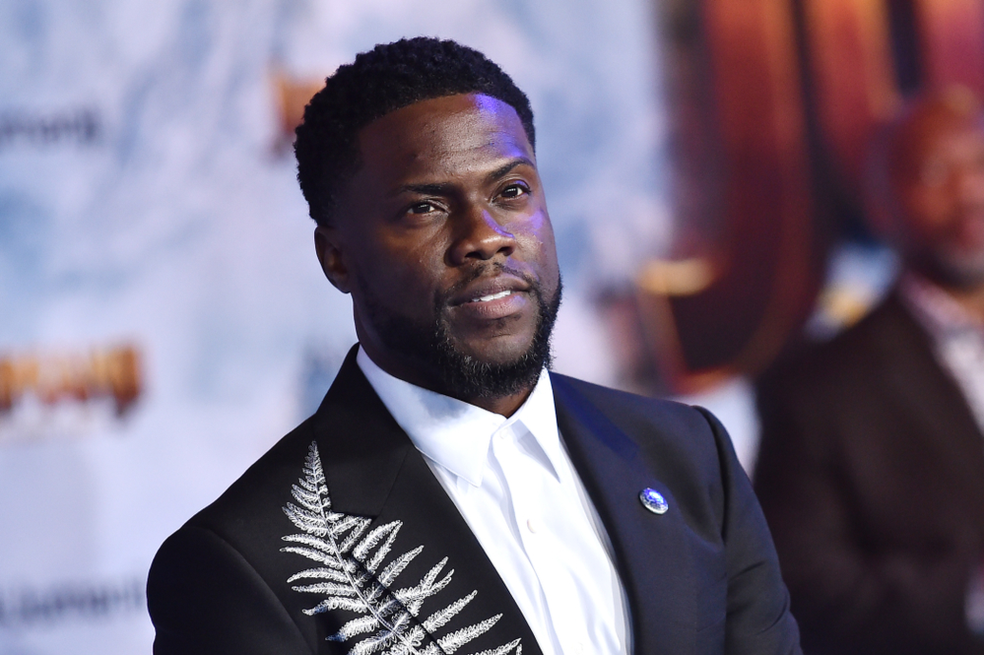Moved to Act: A TV Star Creates a Platform to Teach Students How to Give
/Dfree/shutterstock
Canadian-born actress Serinda Swan, 34, is set to star in the new CBC drama Coroner as an ER doctor turned coroner investigating suspicious deaths. SWAN has been in such hits as HBO’s Ballers, USA’s Graceland, A&E’s Breakout Kings, and my personal favorite, Smallville, where she plays spunky magician Zatanna within a young Clark Kent’s world.
Swan is also active outside the world of entertainment. She’s cycled across Cambodia, installed nets in Africa, and skydived more than 10 times from 18,000 feet through her yearly fundraiser for anti-sex trafficking and women's equality and rights. Swan also recently co-founded Deedly, an education platform that empowers students to learn about global problems and the charities that strive to fix them.
Deedly is a first-of-its-kind app that allows students to use their phones in classrooms to learn about nonprofits, and then gives the students an opportunity to donate “Deedly coins” (real dollars) back to charities right from their phone.
I recently sat down with Swan in the Tokyo Arts District of Los Angeles to learn more about the young philanthropist’s nascent giving and activism, as well as the personal story behind Deedly.
Born to a theater-directing father and an actress mother, Swan was exposed to acting early. She also recalls that her parents instilled in her the value of giving back. Some years, in lieu of birthday presents, she was given chickens from Nepal through the Heifer Foundation. After dabbling on and off in acting as a child, she formally got back into it in her early 20s.
That doesn’t mean that she’s always felt like she fits into this world, however. About three years ago while shooting in Miami, Swan met her future co-founder, Andrew Resnick, a Miami entrepreneur. She had plans to go to another Art Basel party, but instead decided to watch a documentary about the devastating effects of shark finning. “Whenever I learn about something new, I want to do something about it,” Swan explains.
And while watching the film, Swan was moved to act. “That’s what we’re missing in the education system,” she says, “We’re harnessing the capacity of the mind, but not the capacity of the heart. The heart and mind need to come together so we can do something.” Out of this, Deedly—a platform that supports students, teachers, schools and charities, all at no cost—was born.
Phase one of Swan and Resnick’s journey with Deedly was figuring out how to make donations work harder and make students feel active in the process. For instance, what if, instead of donating $1,000 directly to, say, charity:water, you could donate $1,000 to a platform with a water crisis curriculum for students? Then, after that curriculum is completed, $1,000 intact, the funds would continue on to their final destination. This is part of how Deedly works. “The money goes through the hearts and minds of students first, teaches them about the issue, and then empowers them to let them know they can do something and understand the exact dollar amount,” Swan explains. Students also get to pick exactly where the funds go—for instance, to build more wells.
Deedly also finds people who want to donate to causes like education and funnels them to Deedly’s partner organizations or general curriculum. Apart from charity:water, Deedly works with organizations like Pencils of Promise, KIND Campaign, and KIVA. Deedly also partners with pay-to-play companies that charge schools, but provide Deedly’s curriculum for free.
The Deedly team is also passionate about improving curricula to build social change into school systems. Swan and Co. tapped the talent behind Invisible Children, the organization that spearheaded the worldwide KONY 2012 campaign. “They really know how to build a system that respects children,” Swan says. Among this team is Margie Dillenburg, a movement builder and education consultant who was once COO of Invisible Children.
Swan, a believer in the power of documentary film, reached out to filmmakers like The Cove’s Louie Psihoyos, so that Deedly could use these galvanizing films and integrate them into a larger curriculum. Now, when a new issue is taught, Deedly has powerful footage onhand to use as part of its curriculum. Teachers can also use these films to shore up their own knowledge. “We don’t want to build an elite program for elite children,” Swan emphasizes. “We want to build an elite program that’s accessible to all children.”
So far, Deedly has piloted its program in Miami and Los Angeles in close to 500 schools, and will make its national launch next year. Swan mentioned visiting a Deedly pilot school in Little Haiti, Miami, where 97 percent of students receive meal assistance. Students had just experienced carrying 40-pound jugs, containers that children in other countries carry for miles. “A young girl came up to me and said ‘I got in a fight with my mother yesterday because she made me carry groceries in from the car to the house. I didn’t want it to at first, but then I realized that those bags of food could feed many people. I’ve always seen myself as a have-not. I never understood that I could make a difference.’”
For Serinda Swan, her work with Deedly is a manifestation of her seemingly disparate work and passions around the world. “Deedly was my true ‘a-ha’ moment that I could take all the things I cared about, all the things that other people cared about, and create a platform so then kids could decide what they cared about,” she says.
Right now, Deedly’s North American curriculum can be taught in English, Spanish and Hebrew. Team Deedly hopes to continue to build its database of teachers, students and schools. “The only thing that is holding us back right now is finances. We have an incredible team, a backlog of schools. It’s all a very exciting time. September of the next year is the first gigantic launch,” Swan says.
Those interested in connecting with and supporting Deedly can activate their classroom and donate right through its website.




